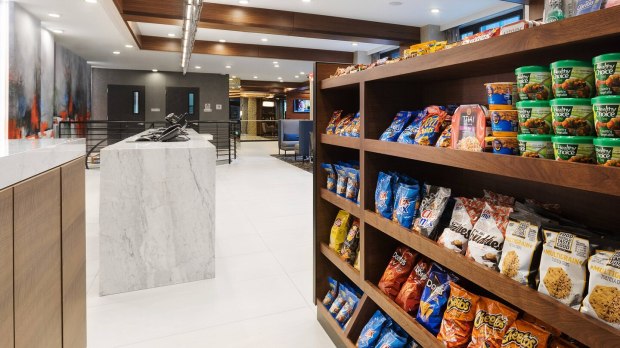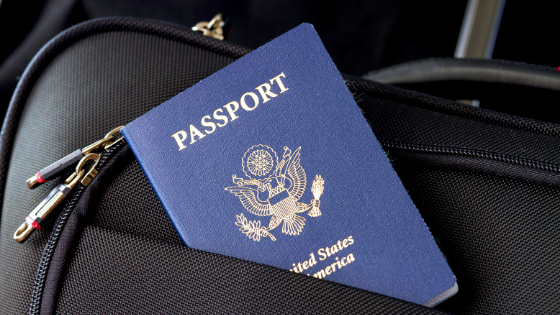Most of what we’ve learned about the global pandemic has to do with public health. But there’s also much to be learned about our response to crisis generally.
In the hotel business, we tend to think of crisis as a local matter, usually involving a hotel itself or, at the worst, affecting the immediate neighborhood. A robbery, an assault, a burst water pipe, a kitchen fire: all on property. A hurricane, a wildfire, a sanitation workers strike: all affecting the local community.
At the least, coronavirus reminds us that certain crises by their very scope can be multidimensional and call for a complicated response. Within days of the virus being identified, questions began to arise as to contagion, transmission and containment. For better or worse, we live in an increasingly global world, as evidenced by the infection’s spread from Wuhan to Milan to Seattle.
Hotels in these destinations saw their occupancy rates and upcoming reservations plummet, a response that accelerated further as more cases were diagnosed across the globe. Owners, managers and brands all shared in the pain, understanding with good reason that they were coping with a situation that was essentially beyond their control.
The brands responded with empathy and concern. A March 4 update from Marriott International, for example, noted that “the well-being of guests and associates was of paramount importance.” In the same update, Marriott disclosed that it was waving cancellation fees through the end of March in eight destinations, including seven in Asia and one in Europe (Italy).
Nor was lodging the only industry affected. Cruise lines, airlines, tour operators and convention facilities have also borne the brunt of the escalating crisis. If it wasn’t crystal clear before, it’s now obvious that the various sectors of the travel industry are inextricably intertwined. In announcing dramatic cuts to both its domestic and international flight schedules, for example, United Airlines’ CEO noted that “the dynamic nature of this outbreak requires us to be nimble and flexible moving forward.” He could have offered the hotel sector the identical advice.
As with any crisis, hotel managers will want to communicate a consistent message, identify a single spokesperson to help deliver that message and refer media inquiries to the appropriate sources (in this case, the Centers for Disease Control and Prevention and the World Health Organization).
Yet for as intertwined as the various travel industry sectors may be, hotels would seem to carry a special burden, considering all the uncertainty as to how the virus is transmitted. At the core of the lodging experience, after all, is the implicit promise that the hotel you’re about to check into is not only welcoming, but safe.






